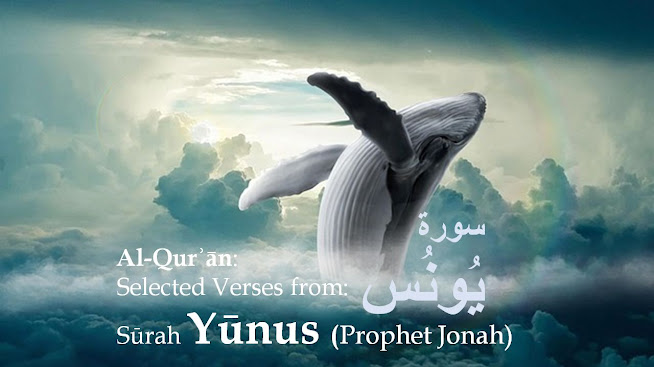The Arabic word literally means "gives you death", but it has been purposely translated into "who has power to cause your death" in order to convey its real spirit in the content it occurs. It implies this: "I worship only that One, who has full power over your life: He has complete authority and power to let you live as long as He wills and cause you to die at any moment He wills. That is why I am fully convinced that I should submit and surrender, worship, serve and obey Him alone."
Now let us consider why of all His characteristics, this quality of Allah was specifically cited here. This was to bring home to the mushriks of Makkah that the doctrine of shirk was absolutely false. For they also believed (and all the mushriks have always believed) that death is entirely in the hands of Allah, the Lord of the universe, and none else has any power over it; so much so that they confessed that even those beings, whom they believed to be partners with God in other qualities and powers of, His, could not avert death even from themselves. Thus the mention of this quality of Allah along with the statement of the Doctrine of Tauhid has been made to serve as a proof of that creed. That is, "I serve Him only for He alone has the full power over life and death. Why should, then, I serve others who have no power at all over their own lives and deaths, not to mention the lives and deaths of others?" The eloquence and force of the statement has been enhanced manifold by saying, ".......Who gives you life and death" instead of ".....Who gives me life and death". For this contains the statement of the Doctrine, its proof and invitation to it, all the three combined in one concise sentence. Had it been said, "...I serve that one Who gives me death," then it would have implied, "I alone should serve Him". But by saying. "......Who gives you death" the implication is: "It is not only I, who should serve Him, but you also should serve Him. For it is absolutely wrong to serve any other than Allah, Who alone has such powers."
And the next verse makes abundantly clear that be not those who associate others with Allah in His divinity.
وَاَنۡ اَقِمۡ وَجۡهَكَ لِلدِّيۡنِ حَنِيۡفًا ۚ وَلَا تَكُوۡنَنَّ مِنَ الۡمُشۡرِكِيۡنَ
(10:105) and to adhere exclusively and sincerely to the true faith,108 and not to be one of those who associate others with Allah in His divinity.
Tafsir Ibn-Kathir:
"The Command to worship Allah Alone and rely upon Him." Allah, the Exalted, says to His Messenger, Muhammad , `Say: O mankind! If you are in doubt about the correctness of that which I have been sent with the Hanif (monotheism) religion - the religion which Allah has revealed to me -- then know that I do not worship those whom you worship besides Allah. Rather, I worship Allah alone, ascribing no partners to Him. He is the One Who causes you to die just as He gives you life. Then, unto Him is your final return. If the gods that you call upon are real, I still refuse to worship them. So call upon them and ask them to harm me, and you will see that they can bring no harm or benefit. The only One Who holds the power of harm and benefit in His Hand is Allah alone, Who has no partners.'
Yusuf Ali Explanation:
Other people may hesitate, or doubt, or wonder. But the righteous man has no doubt in his own mind, and he declares his Faith clearly and unambiguously to all, as did Al-Mustafa, the Prophet Muhammad ﷺ.
The worship of the One and True God is not a fancy worship, to be arrived at merely by reasoning and philosophy. It touches the vital issues of life and death-which are in His hands and His alone.
Nor is the worship of One God an invention of the Prophet Muhammad ﷺ . It comes as a direct command through him and to all.
Individual Faith is good, but it is completed and strengthened by joining or forming a Righteous Society, in which the individual can develop and expand. Islam was never a religion of monks and anchorites. It laid great stress on social duties, which in many ways test and train the individual's character.
























